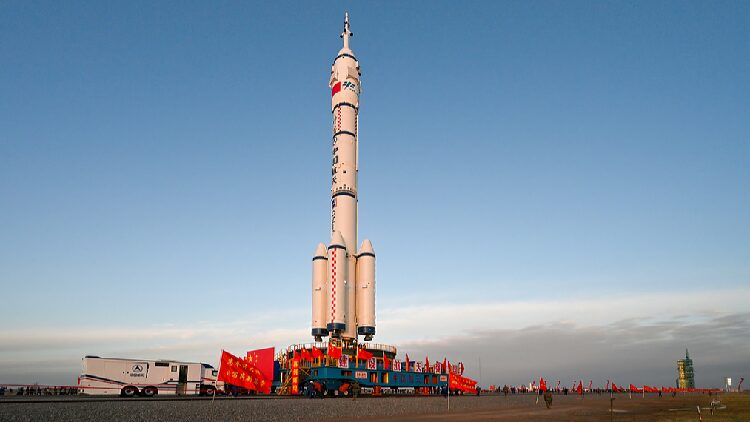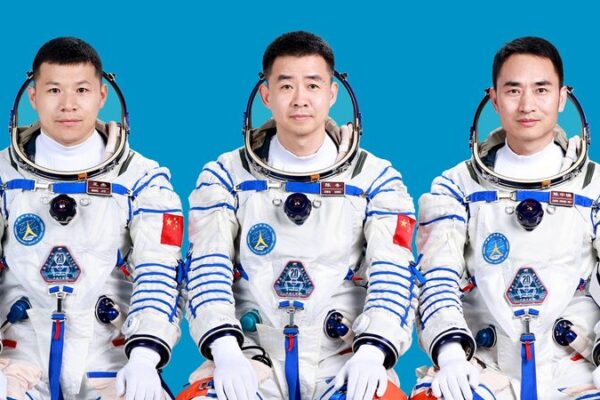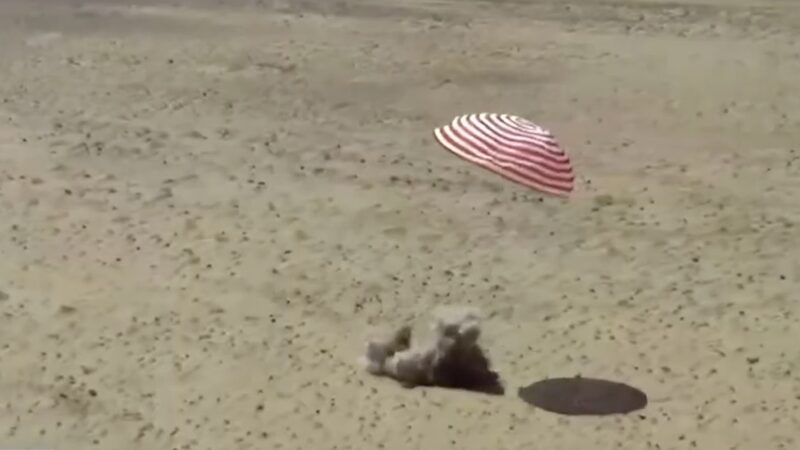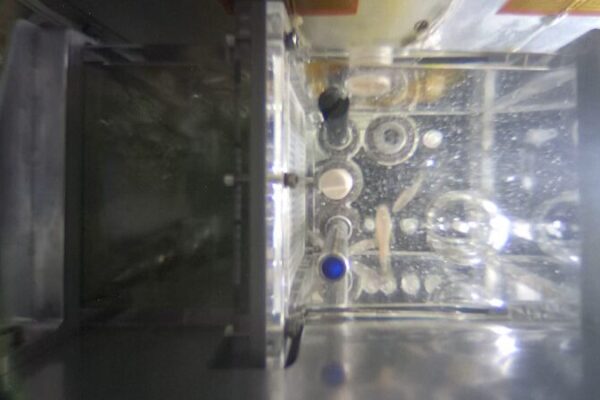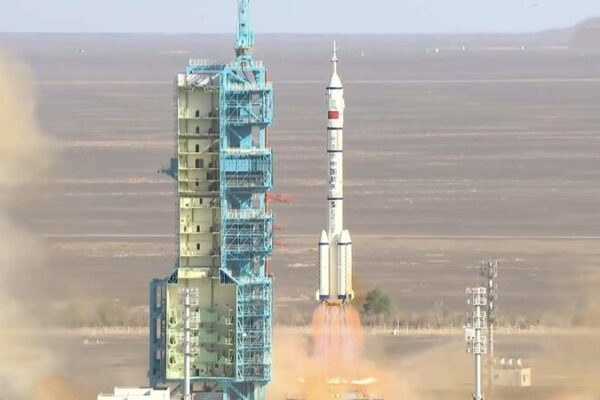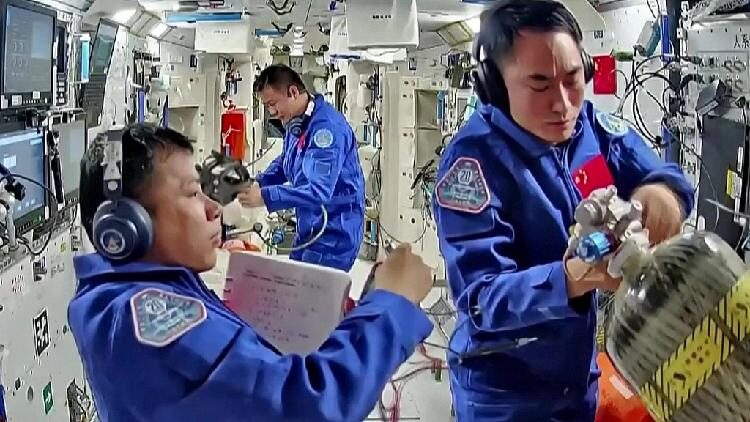China has successfully launched its Shenzhou-20 crewed spacecraft from the Jiuquan Satellite Launch Center in northwest China. The mission carries three astronauts—Chen Dong, Chen Zhongrui, and Wang Jie—to the country’s space station, marking another significant milestone in China’s rapidly advancing space program.
The crew is set to undertake a series of groundbreaking experiments during their mission. Among these are three new life science experiments involving zebrafish, planarians, and streptomyces. These studies aim to explore the effects of microgravity on biological organisms, which could have profound implications for future long-duration space travel and biotechnology.
In addition to the life science experiments, the astronauts will conduct a total of 59 experiments and technical demonstrations spanning various fields such as space life sciences, microgravity physical sciences, and new space technologies. These activities are expected to advance our understanding of space environments and contribute to the development of new technologies for space exploration.
The Shenzhou-20 mission reflects China’s ongoing commitment to expanding its presence in space and fostering scientific innovation. For young people around the world, this mission showcases the exciting possibilities of careers in science, technology, engineering, and mathematics (STEM) fields.
As the crew embarks on this journey, they carry not only the hopes of their nation but also the curiosity and aspirations of a new generation eager to unlock the mysteries of space.
Reference(s):
Live: Special coverage of China's Shenzhou-20 crewed spacecraft launch
cgtn.com
